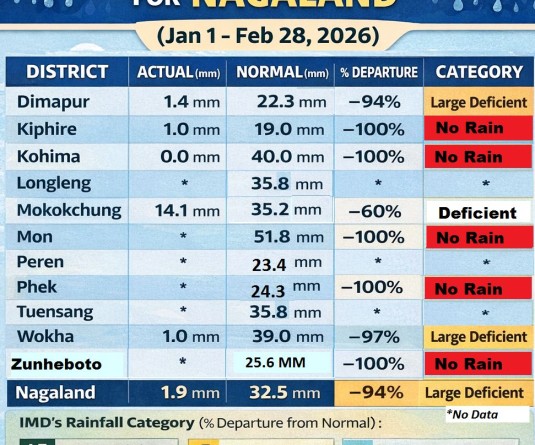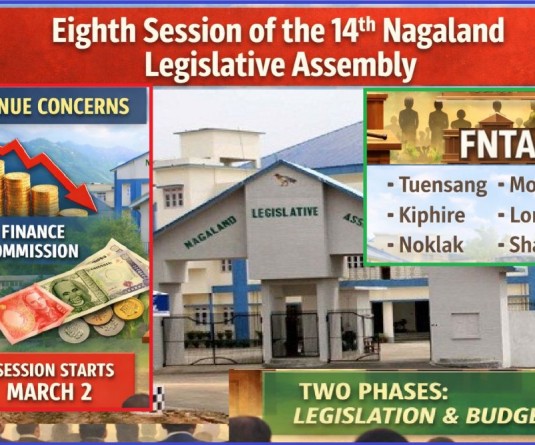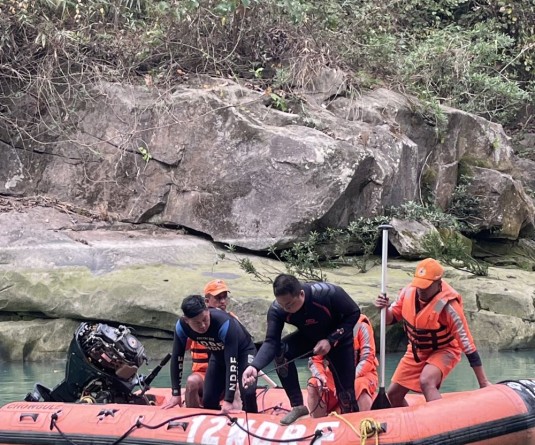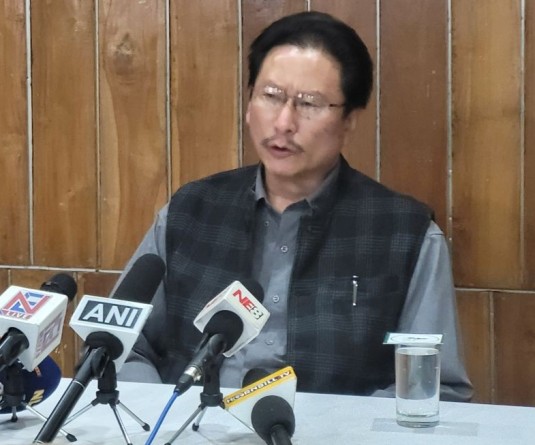
Vision Communications
New Delhi
The Myanmar government has implemented only a retractable “regional ceasefire” with NSCN Khaplang faction, which is just its most basic “first step” ceasefire. For any ceasefire to be complete, the agreement needs to pass through two more steps: the ‘union ceasefire’ and the ‘parliament ceasefire’.
This was revealed to Vision Communications in an exclusive interview by Brig. Gen Kyaw Zan Mynt, Deputy Minister of Myanmar’s Home Ministry who was visiting India along with his 11 member delegation to meet top officials of India’s Home Ministry during the 18th Myanmar India National level Meeting held recently.
The Myanmar delegation which had come to India on the evening of 27th December is scheduled to return back to their country after visiting Agra and Gaya besides Delhi on the 1st of January. Further, asked about reports of other anti-Indian insurgent groups like Paresh Baruah led ULFA and Manipur’s PLA, PREPAK and other outfits taking shelter in Myanmar, the Brigadier said that “Myanmar will do everything possible to stop, catch and hand over any insurgent who is found carrying out hostile activities against India.”
Answering questions about reports of other anti-Indian insurgent groups taking shelter in NSCN Khaplang’s domain and other Naga inhabited areas of Myanmar, the Brigadier said that “ we are closely monitoring the terms and conditions of the basic ceasefire we have signed and any violation would be firmly dealt with.”
He also disclosed that Myanmar has asked for help from the Indian govt in tackling their own insurgency problem within their country. “We have 11 Myanmarese insurgent groups operating in our country, and our newly elected govt has signed ceasefire agreement with 10 of them to usher in peace and stability in the country”, he said.
Moving on to answer a question on illegal inflow of narcotics from Myanmar to India and the reports about militants cultivating poppy fields in Myanmar, the country’s Deputy Director of Control Committee for Drug Abuse, Pl. Lt. Col. Zaw Lin Tun who had accompanied the delegation admitted that there were many poppy fields in Myanmar and the police was trying to check whether some of them were owned or run by Indian insurgents. He said that the country was trying to dissuade people from growing poppy, and that anyone caught trading illegally in opium or other narcotics could be jailed for upto 10 years in their country under Myanmar’s 1993 Drug Law. Curbing of narcotics and illegal drug trade was another sector apart from insurgency in which Myanmar has sought help and cooperation from the Indian govt.
The delegation mainly discussed five issues with the Indian Home Ministry officials led by Secretary Border Management A K Mangotra and Joint Secretary (NE) Shambhu Singh. These include security along the Myanmar-India border, arms smuggling, border management, Indian prisoners in Myanmar and Myanmarese prisoners in India, and narcotics.






